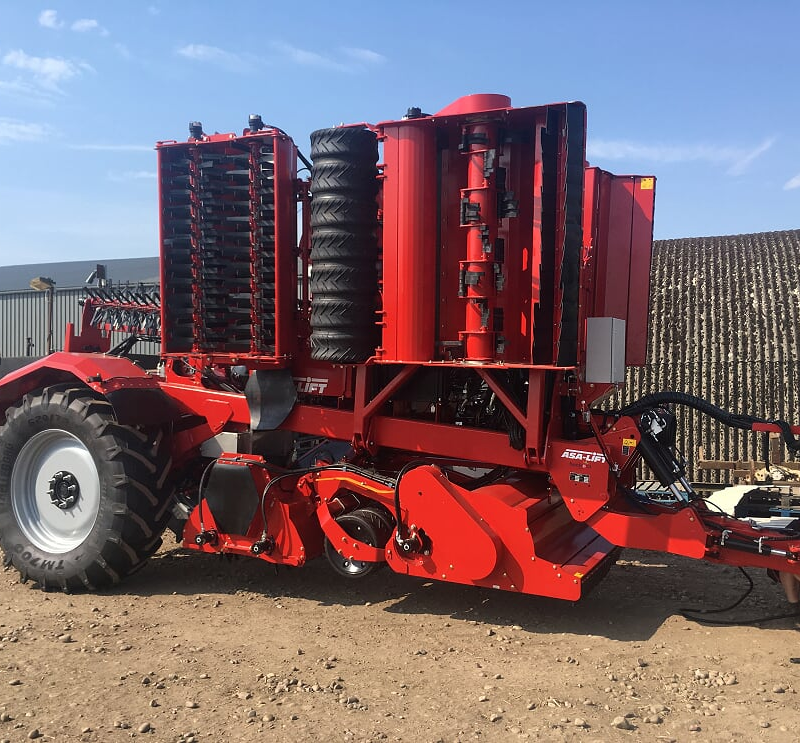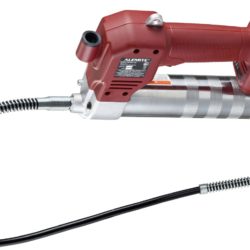Welcome to the Allube frequently asked questions section. Here you will find the answers to the questions our customers most commonly ask us.
Q. What is the best Grease Gun on the market?
Alemite cordless grease guns offer the highest grease delivery of any in the market. Their patented design featuring the motor in the handle provides excellent balance with a aluminium die cast transmission case housed in an extremely durable glass fiber reinforced housing. To view our range of cordless grease guns click here.
Q. How many PSI does a grease gun produce?
The PSI depends on the model of the grease gun. For example, our Alemite battery powered grease guns develop up to 10,000 psi (690 bar) pressure. To view our range of grease guns click here.
Q. What is the best grease gun coupler?
This can depend on the job in hand. Our best sellers which have been tested by our engineers are the G.Coupler, D600+ & the Alemite 308730.
Q. Can you over grease?
Yes, under-lubrication is very common however, over-lubrication can be just as costly. Our engineers can advise you on the right solution for you. Contact us to discuss your requirements.
Q. What are the types of lubrication systems?
Single-line, Dual-line, Multi-line, Progressive, Oil circulation, Oil & Air, Chain, Oil Mist & Minimum Quantity Lubrication. For more information click here.
Q. What are the advantages of lubrication?
Lubrication is critical in machine reliability. Using the right amount of lubrication will reduce downtime, achieve maximum performance and service life.
Q. What is MQL?
MQL (Minimum Quantity Lubrication) is a lubrication system designed to deliver a precise quantity of lubrication oil for varied metal cutting and forming processes through the tool lubrication. It is also used to provide precise lubrication of chains and assembly of components in production.
Q. Why is automatic lubrication important?
Automatic lubrication is a simpler and smarter way to lubricate machinery. It offers greater safety for workers as well as increasing productivity and saving on lubrication costs in the long term.


